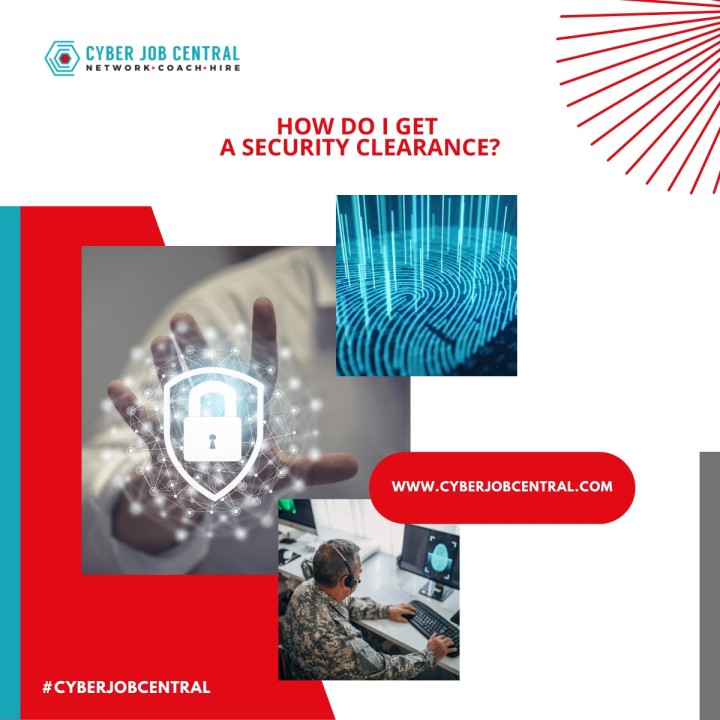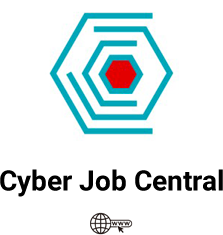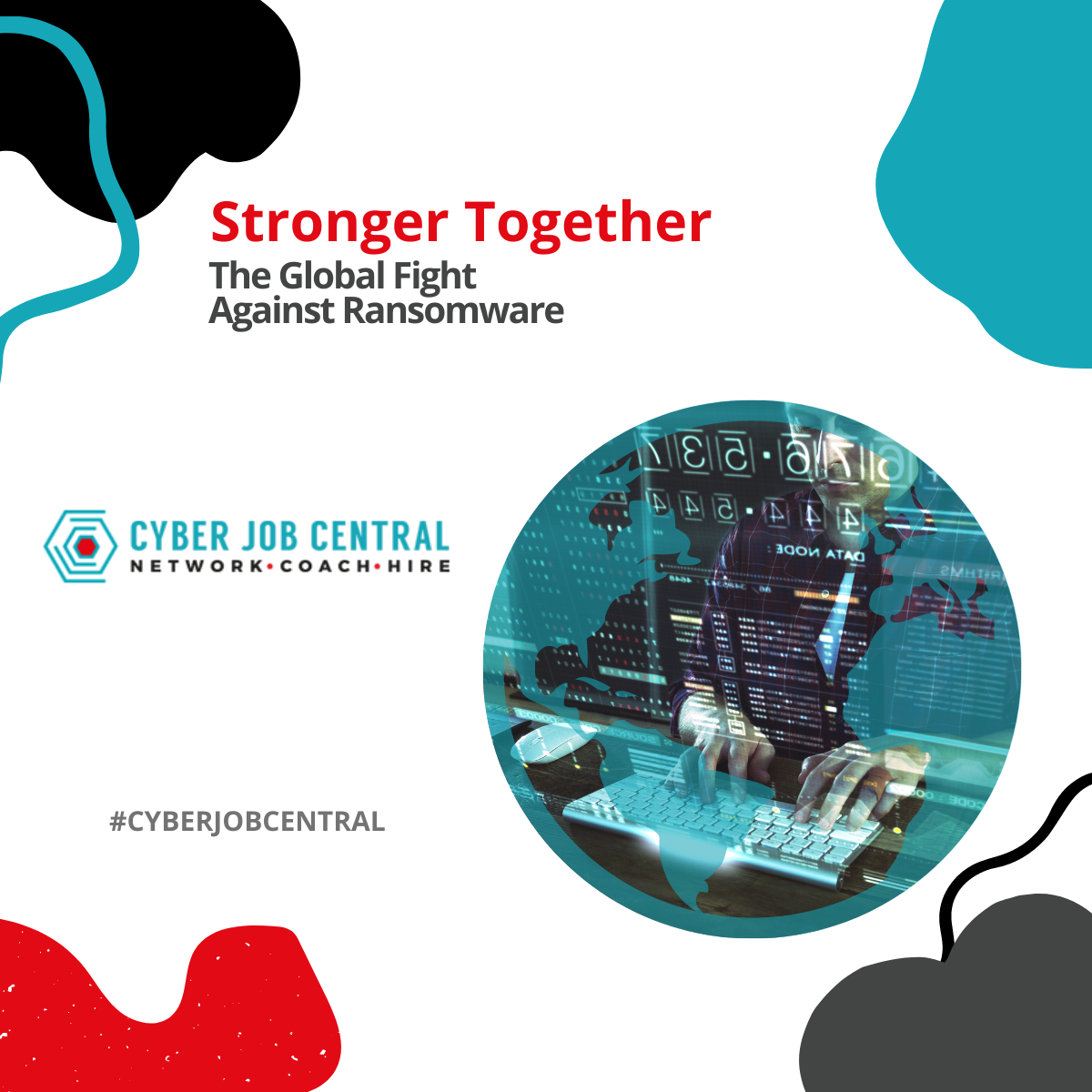How Do I Get a Security Clearance?

Working as a cybersecurity professional in the U.S. can grant you access to some of this country’s most highly sensitive and confidential data. Like all Federal employees and contractors, you will undergo a standard background check detailing both your criminal and credit histories. But in addition to that, you may also be required to obtain a security clearance depending on the work you do among other factors.
Working in cybersecurity does not always mean that you need a security clearance before you can get work in the field. If you aren’t pursuing a cybersecurity job within a government agency (whether as a government employee, contractor, or as an organization working with government contractors), you likely will not be required to be cleared. But though you may not be required to pass a security check, doing so can open up more opportunities for you whether now or in the future of your career. Jobs requiring security clearances often pay more than similar jobs that do not require a clearance. So obtaining a security clearance is definitely not something to rule out if you are serious about pursuing a successful career in cybersecurity.
Security clearances are issued by U.S government agencies dealing with sensitive information, including the Department of Defense (DoD), Department of Justice (DoJ), Department of Homeland Security (DHS), and Department of State (DoS). Only federal agencies can acknowledge security clearance, which is mostly done after a detailed investigation that is approved only if the person is determined to be trustworthy. Being able to pass a security check proves to your current and future employers that you “are reliable, trustworthy, of good conduct and character, and of complete and unswerving loyalty to the United States.” Security clearances allow federal employees and government contractors the ability to access sensitive information that is only accessible to those at a certain clearance level.
The three main categories for security clearances are Confidential, Secret, and Top Secret security clearances. Each clearance level is structured based on a hierarchy that determines the maximum level of classified information you can have access to with that particular clearance. A Confidential clearance grants you the most basic level of access to confidential and sensitive information of national security. Held by most military professionals, Confidential clearances provide access to information the government has determined could cause measurable damage if ever compromised. A Secret clearance grants you access to sensitive information that the government has determined could cause grave damage to national security if ever compromised. The highest level of clearance is the Top Secret clearance. Having a Top Secret clearance grants you access to information that could cause disastrous damage to national security if ever compromised. The higher your level of security clearance, the more often your clearance must be renewed.
Though the only official prerequisite to getting a security clearance is to be a U.S. citizen, there are certain things considered red flags that you will want to resolve before you apply to receive a security clearance. Other than the obvious things such as criminal misconduct, alcohol and substance abuse, and how you conduct yourself both in your personal and business life, the background check process to determine your eligibility for a clearance will also evaluate you based on whether or not you have outstanding financial debts, you have ever misused information technology, you have a foreign preference or a potential foreign influence, you have a potentially compromised allegiance to the United States, and also if you have any emotional, mental, and/or personality disorders. Addressing what you can before you apply for a security clearance can make a world of difference and improve your chances of being cleared.
Probably one of the most overlooked but important things to address is any financial delinquencies you may have. When preparing to apply for a security clearance, it is important that you stay proactive regarding activity around resolving your financial debts. You may not be able to pay all your debts off at once. But having a record that shows you are making payments, setting up payment plans and/or promises to pay, and being proactive in other ways to pay off your debt over time will work in your favor when your credit history is being reviewed.
What should be your next steps if your clearance gets denied? If it happens, take the necessary steps to ensure that previous reasons for security clearance denial are resolved before you reapply. Civilian government employees, federal contractors, and military employees can reapply for clearance after one year.


